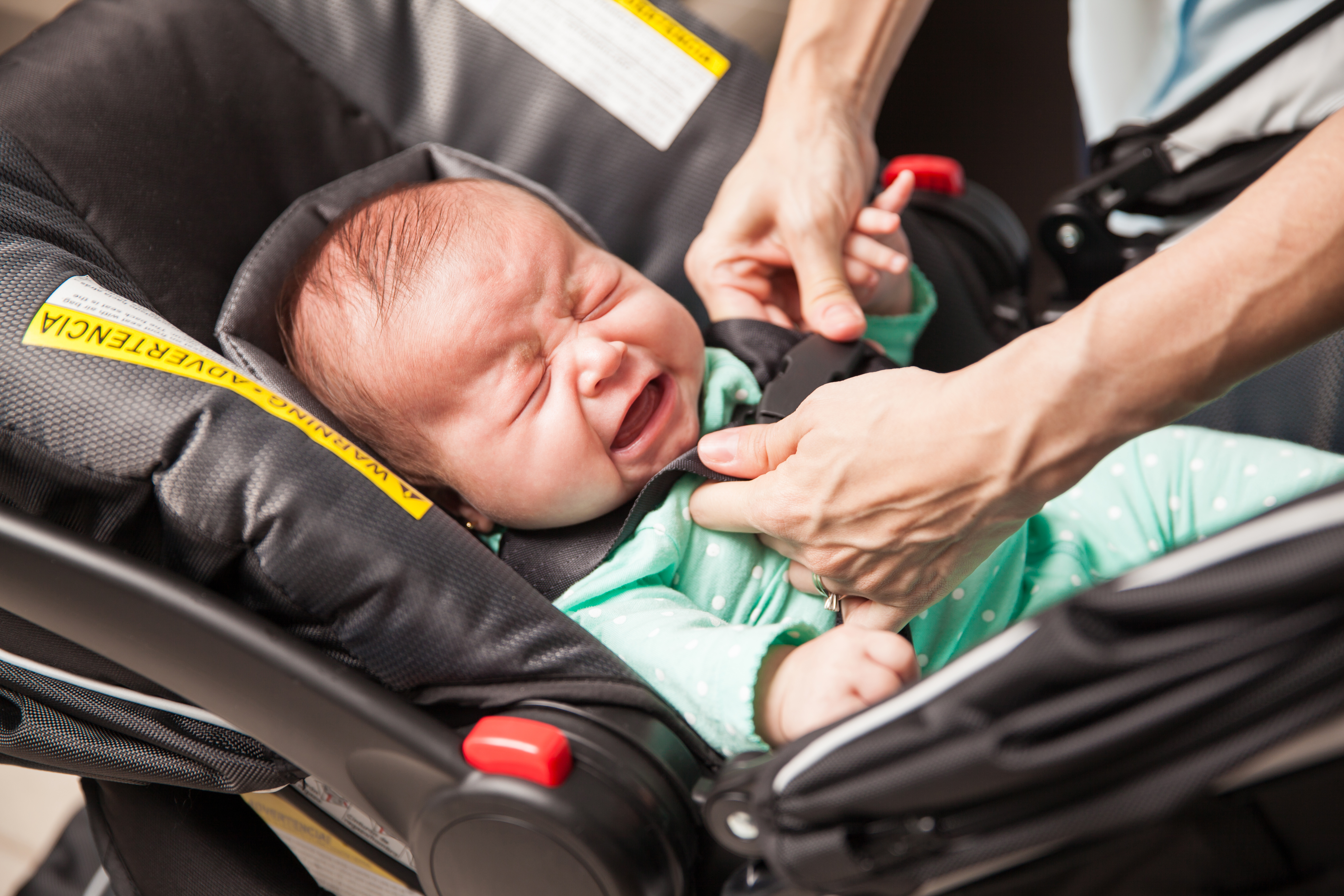10 Common Reasons Your Baby Is Crying — And What New Parents Can Do About It
Welcoming a newborn into the world is a momentous occasion marked by joy, excitement, and a fair share of uncertainty. For new parents, one of the most perplexing challenges is deciphering the reasons behind their baby's cries. While crying is a natural form of communication for infants, the underlying causes can be varied and complex. Understanding these causes is crucial for addressing a baby's needs effectively and ensuring their well-being. This article delves into the most frequent causes of a baby's tears, offering insights and practical advice for new parents navigating this intricate aspect of childcare. By exploring each cause in detail, parents can gain a deeper understanding of their infant's emotional and physical needs, paving the way for a nurturing and supportive environment.
1. Hunger: The Most Common Culprit

Hunger is often the primary reason behind a baby's tears. Infants have small stomachs and require frequent feedings to meet their nutritional needs. When a baby cries due to hunger, it is typically characterized by intense, rhythmic wails that persist until the need is met. Recognizing hunger cues, such as rooting, sucking on hands, or smacking lips, can help parents respond promptly. Establishing a feeding routine that aligns with the baby's natural hunger patterns can also mitigate distress. Whether breastfeeding or formula feeding, ensuring that the baby receives adequate nourishment is essential for their growth and development. Understanding the signs of hunger and responding with timely feedings can significantly reduce crying episodes and promote a sense of security and contentment in infants.
2. Discomfort: Diaper and Clothing Issues

Discomfort caused by a wet or soiled diaper is another frequent cause of a baby's tears. Babies have sensitive skin, and prolonged exposure to moisture can lead to irritation or diaper rash. Regular diaper changes are crucial in preventing such discomfort. Additionally, ill-fitting clothing or fabrics that irritate the skin can also lead to crying. Parents should ensure that their baby's clothing is comfortable and appropriate for the weather conditions. Checking for tight elastics, tags, or seams that might cause discomfort is also important. By maintaining a clean and comfortable environment, parents can minimize discomfort-related crying and help their baby feel at ease.
